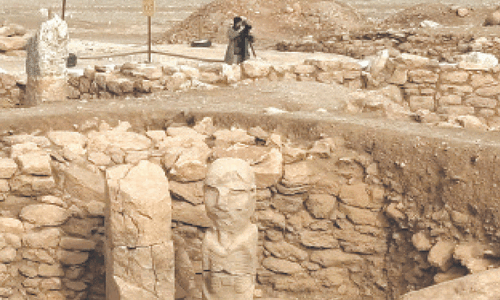DEHRADUN: India’s ruling party introduced contentious legislation on Tuesday to create a common civil code in a northern state, including for marriage, reigniting a polarising debate weeks before national elections.
Prime Minister Narendra Modi’s Bharatiya Janata Party (BJP) has long campaigned for standardised individual laws but its pitch has fuelled tensions, with many minority Muslims seeing it as yet another majoritarian push by Modi’s Hindu nationalist party.
The move comes weeks after Modi’s consecration of a grand temple in Ayodhya at the site where a Mughal-era mosque was demolished by Hindu zealots. Critics see it as a signal from the ruling BJP to its base and an unspoken promise to implement the Uniform Civil Code (UCC) nationally after elections expected in April that it is already tipped to win.
The UCC bill tabled in the assembly of BJP-ruled Uttarakhand state represents one of the BJP’s three key long-standing promises. The other two, already fulfilled, were the construction of the Ayodhya temple and ending the constitutional autonomy of held Kashmir.
“Our government, taking all sections of society together, has tabled the Uniform Civil Code Bill,” state chief minister Pushkar Singh Dhami said, adding they were close to achieving the “historic” win to implement Modi’s vision.
The bill is expected to be approved this week, with the BJP enjoying a comfortable majority in the state. Uttarakhand has a population of about 12 million people, roughly 80 per cent of them Hindu.
India’s 1.4 billion people are subject to a common criminal code, introduced during the British colonial era. But they have never followed uniform laws for personal matters such as marriage, divorce, adoption and inheritance.
These are instead governed by a patchwork of different codes based on the customary traditions of different communities and faiths. The rights of women, children, and families across India vary considerably depending on which code they fall under.
Many right-wing politicians, jurists and reformists have described these custom-based codes as regressive and have lobbied for a code that would apply to all Indians equally.
However, many communities, particularly Muslims, fear it would encroach on their religious laws as an attack on their identity and against India’s secular constitution.
Published in Dawn, February 7th, 2024
































